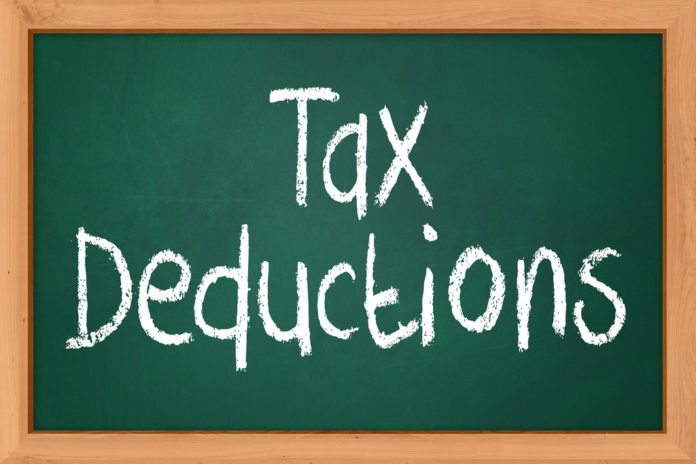Missed deductions can increase a business’ tax bill unnecessarily, and claiming deductions you either do not qualify for or doing so inaccurately can trigger a stressful audit. Small business owners should know which tax deductions they qualify for and how to accurately claim them on quarterly or yearly tax returns. The most common small business tax deductions are easy to understand and important to consider before filing taxes.
Home Office
Many small businesses are run out of a home office by a sole proprietor. The IRS allows small business owners to claim a valuable itemized deduction for home office usage. There are strict guidelines that clearly define what is considered a home office and what expenses can be included in the deduction claim.
A home office that qualifies for the tax deduction will be a dedicated room in a home that is used exclusively for business on a regular, ongoing basis. The dimensions of that room are used to determine the percentage of household expenses, such as electricity and rent, that are deductible. To be clear, small business owners who opt for a “roving” home office by doing business in a number of temporary places around a residence cannot claim a home office deduction.
Employee Health Insurance
The expense paid by small business owners to provide employees with either free or reduced cost health insurance may qualify for a tax deduction. Much like the home office deduction, there are firm qualifications and guidelines for small business owners who want to claim the health care deduction. Business owners have to pay for at least half of employees’ health insurance expenses, have no more than 25 full-time employees, and the average annual payroll to employees cannot exceed $50,000. When these qualifications are met, an employer can deduct up to 35% of employee health insurance expenses using the health care deduction.
Section 179 Deduction
The full cost of certain business-related assets can be deducted under Section 179. Small business owners can deduct expenses paid for business software, hardware, vehicles, office furniture and other physical assets needed to run the business using the Section 179 deduction. A recent change has also added a provision that allows business owners to claim an extra 50 percent of certain business asset depreciation, on top of the standard depreciation deduction. Due to the complexities of Section 179 deductions and the commonality of changes made to such deduction qualifications, a consultation with a business tax professional is highly recommended.
Contributions to Charity
A contribution made to charity both in a business’ name and from that business’ finances can be claimed as a tax deduction. Small business owners should be careful how charitable donations from their business are handled. The best course of action is to keep a record of every charitable contribution showing the account the donation came from, how much was given, which organization benefited and when the donation was made. These pieces of information may be required by the IRS to prove the legitimacy of charitable donation tax deductions.
Inaccurately claimed deductions or those that are entirely missed can cost a small business hundreds, even thousands, of dollars. An understanding of important tax deductions and the rules for claiming them is something every small business owner should have.
Image courtesy : License Some rights reserved by StockMonkeys.com



